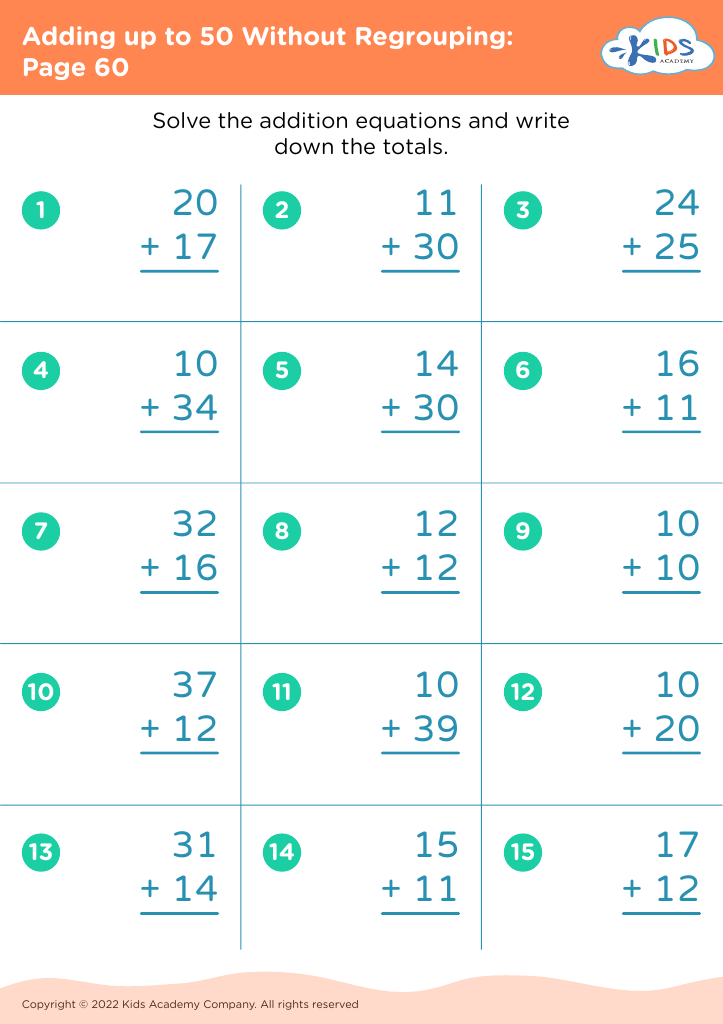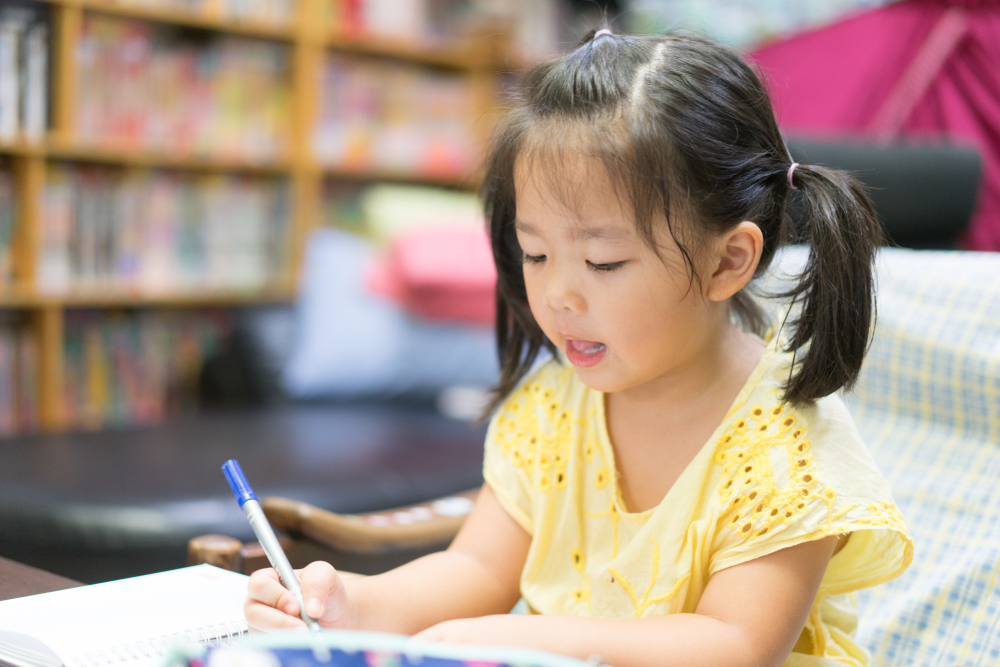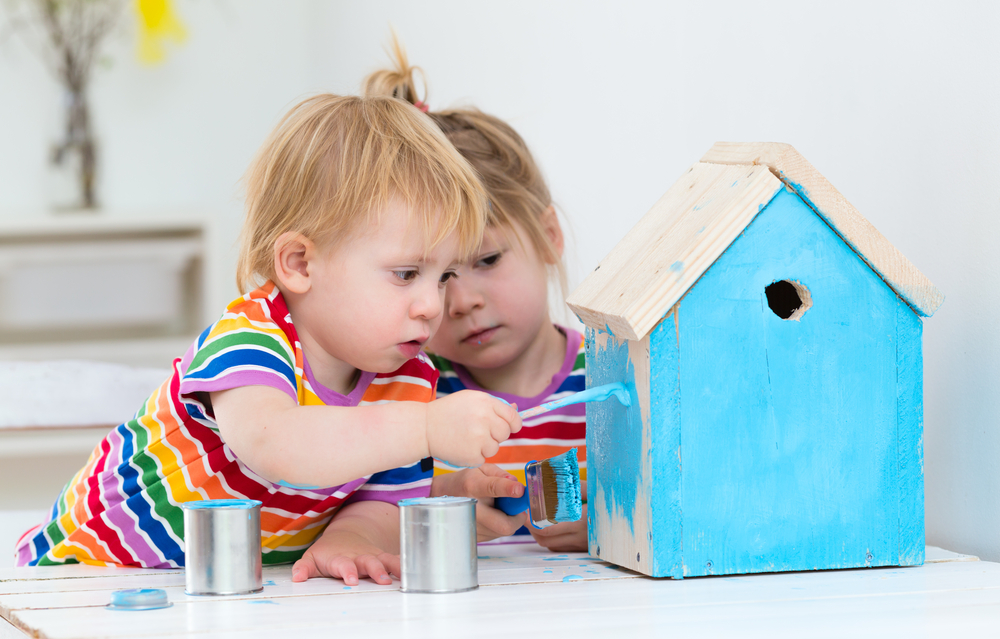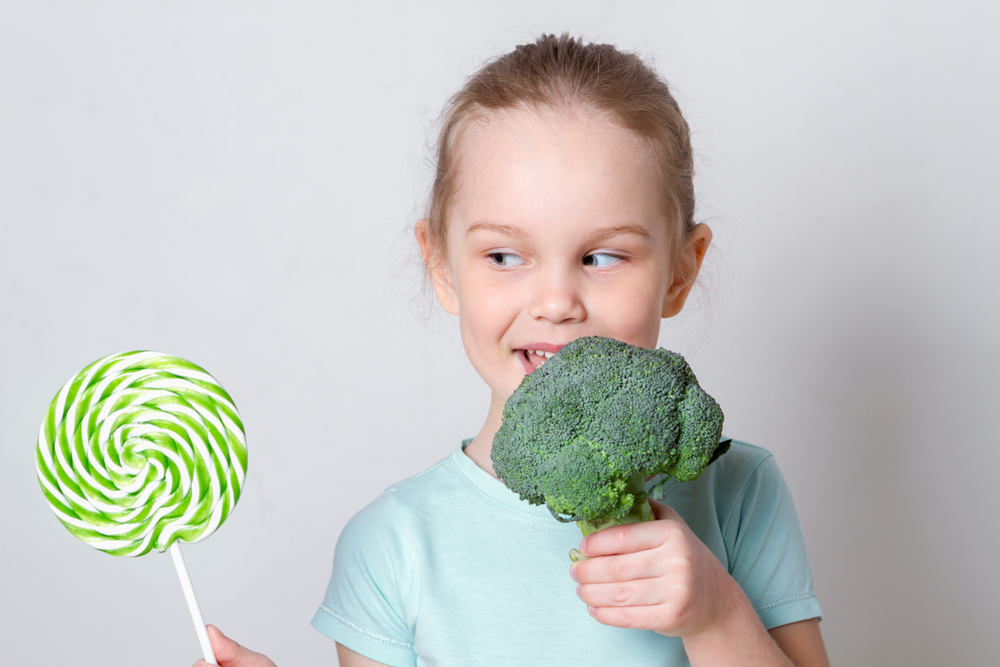Basic measurement skills Worksheets for Ages 7-9
3 filtered results
-
From - To
Discover our engaging Basic Measurement Skills Worksheets designed specifically for ages 7-9! Perfect for young learners, these worksheets introduce essential measurement concepts, including length, weight, and volume. Our carefully crafted activities encourage hands-on learning, helping students practice measuring objects using standard units like centimeters and inches. Each worksheet promotes critical thinking and problem-solving skills through fun exercises like comparing measurements and solving real-world scenarios. Whether used in the classroom or at home, these resources provide an enjoyable way for children to develop foundational skills in measurement. Enhance your child's confidence and competence in math today with our comprehensive and interactive materials!
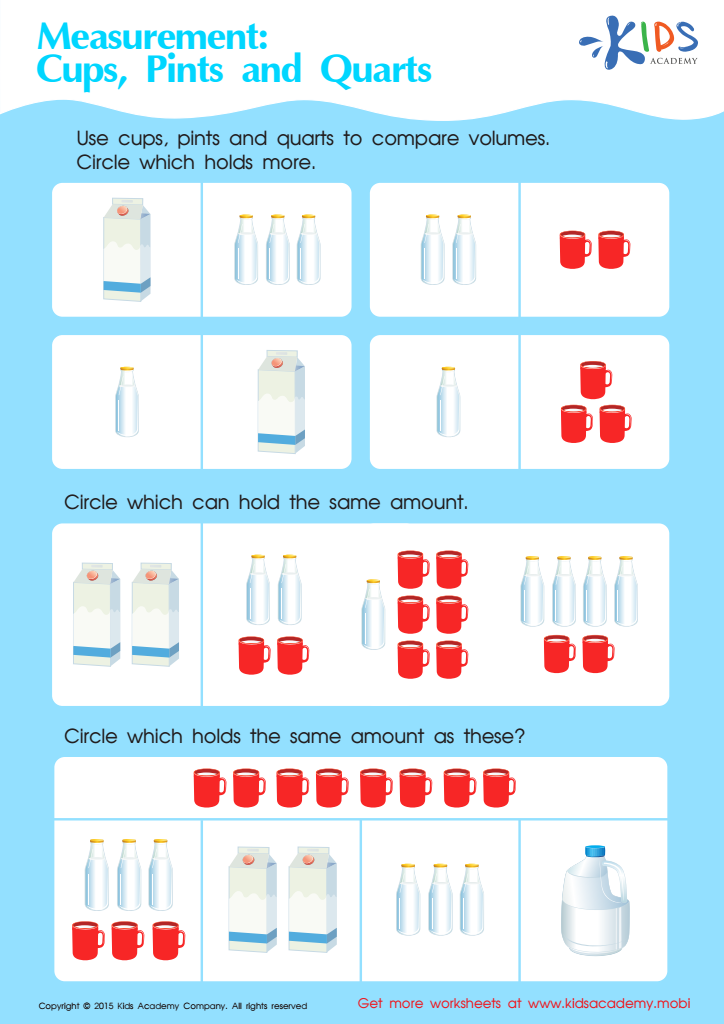

Measurement: Compare Volumes Worksheet
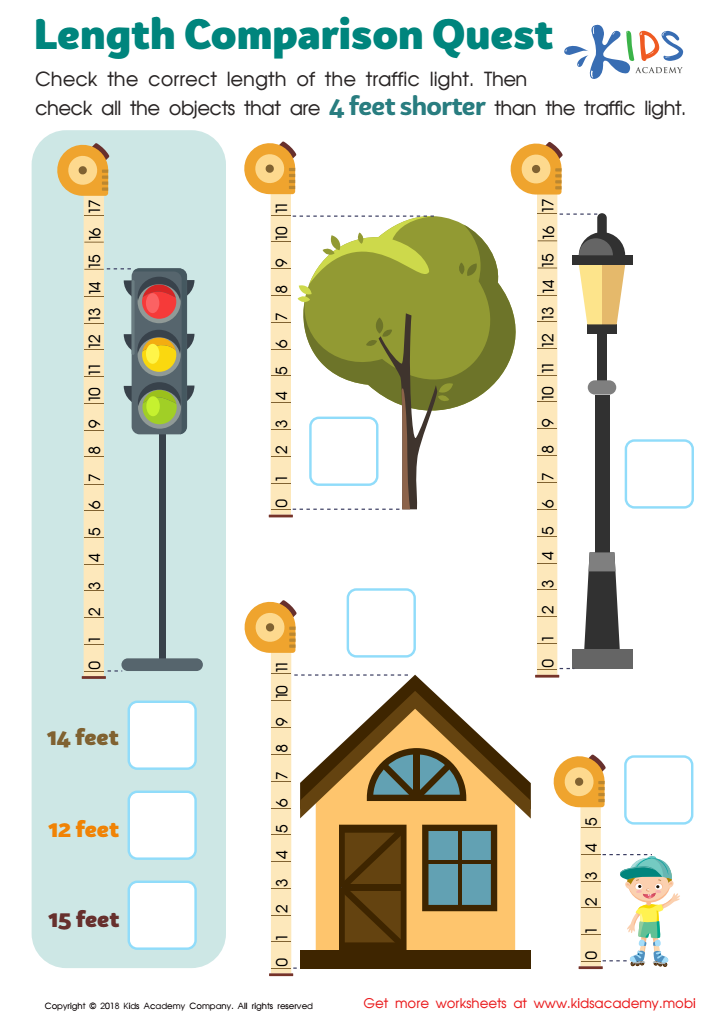

Length Comparison Quest Worksheet
Basic measurement skills for children ages 7-9 are essential developmental competencies that lay the groundwork for future learning in various areas, including math, science, and everyday problem-solving. At this age, children are naturally curious and eager to explore the world around them, making it an ideal time to introduce measurement concepts. Mastering these skills not only enhances their understanding of mathematical principles like length, weight, capacity, and time, but also fosters critical thinking and reasoning abilities.
When children learn to measure, they gain a practical tool for making sense of their environment. For example, measuring ingredients in a recipe helps them comprehend fractions, while timing their activities teaches them about time management and planning. Both parents and teachers should care about these skills because they enable children to make meaningful connections between academic concepts and real-life applications.
Additionally, proficiency in measurement boosts confidence and promotes independence, equipping children with skills that serve them throughout their lives. Supporting the development of these fundamental skills empowers children to navigate their surroundings effectively, ensuring they are better prepared for more complex concepts in higher grades. Investing in teaching measurement is, therefore, an investment in a child’s future success and well-being.
 Assign to My Students
Assign to My Students

